Ada Computer Science: Time-saving Resources for Teachers in Scotland
Ada Computer Science is a collaboration between the Raspberry Pi Foundation and the University of Cambridge. Their aim is to provide high-quality, free, resources for Computing Science teachers and students.
To kick off the school year, they have mapped their content to the SQA’s National 5, Higher, and Advanced Higher qualifications, giving teachers and students access to free resources that meet the specific requirements of their qualification.
Ada Computer Science have also introduced two new table database scenarios for the Database Design and Development area of study. The scenarios provide practical, hands-on experience and deepen students’ understanding of database concepts and applications.
This release follows the launch of Ada’s Database Design and Development project, and the roll out of material to support the Computer Systems area of study.
Ada now covers more than half of the theory content for Scotland’s National 5, Higher, and Advanced Higher specifications. Stay tuned for more updates throughout the school year!

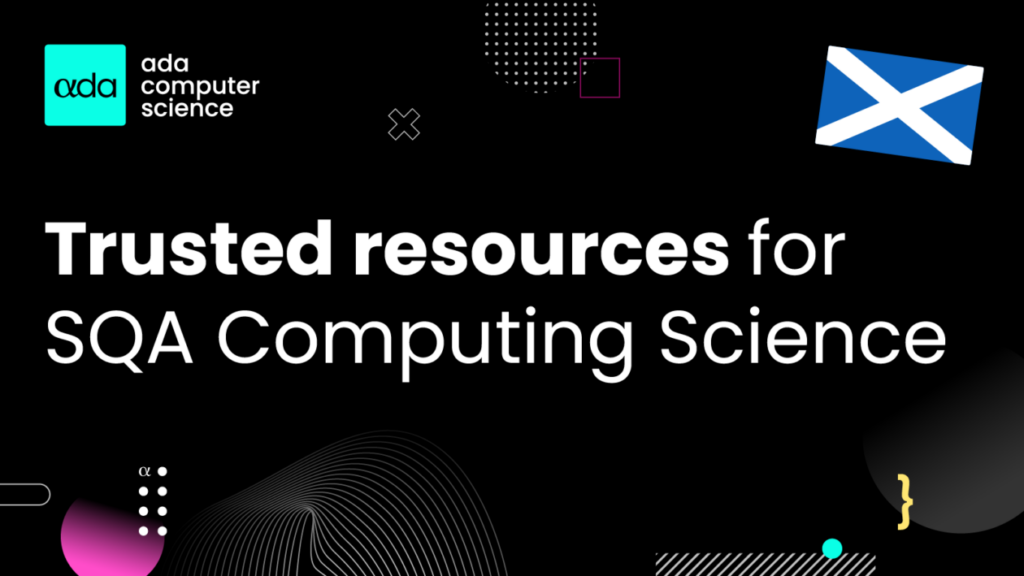
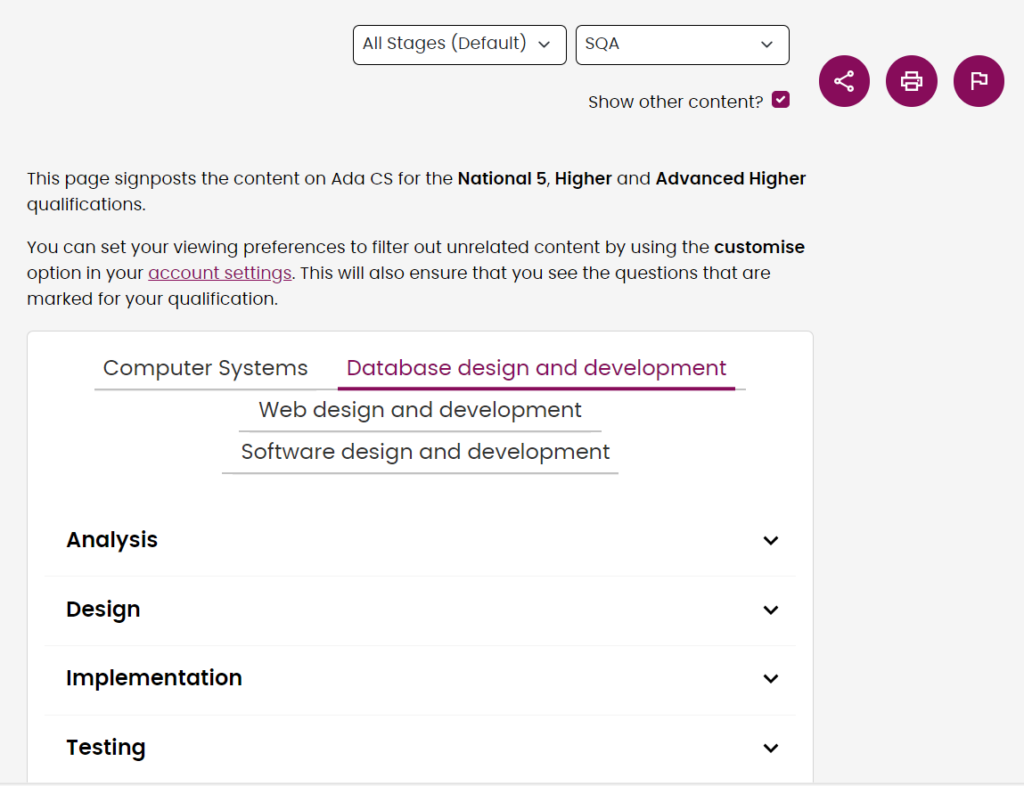


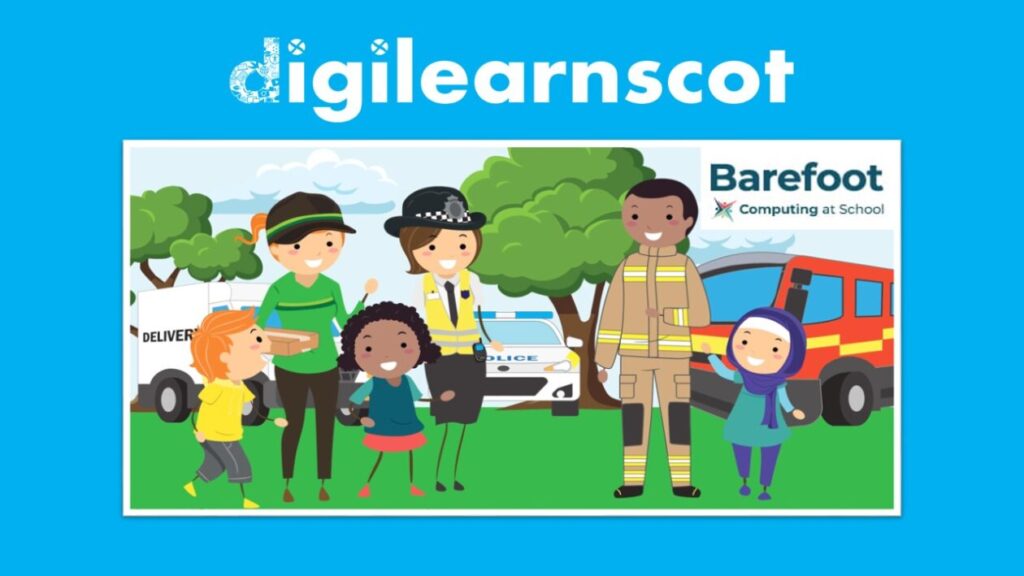
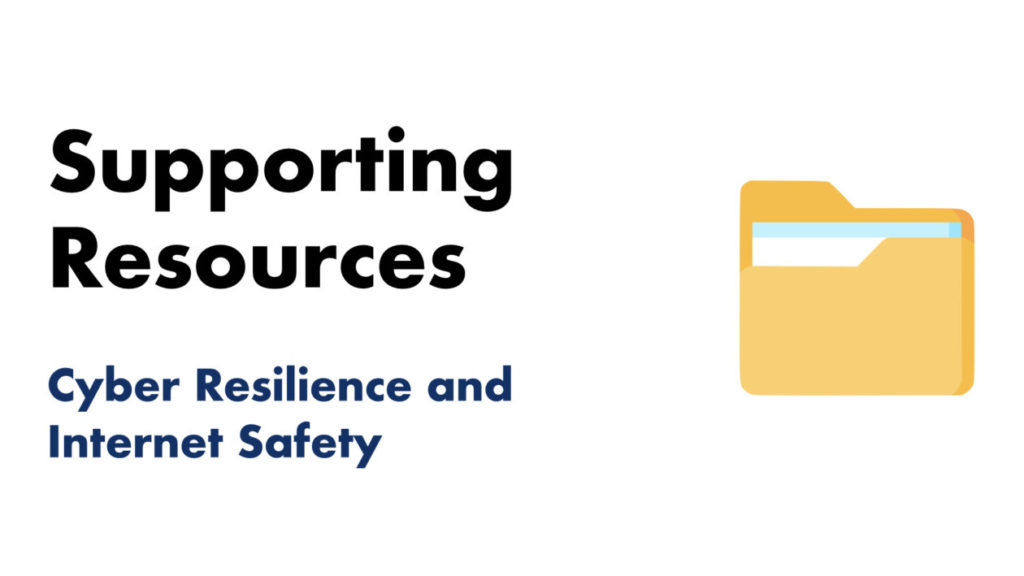
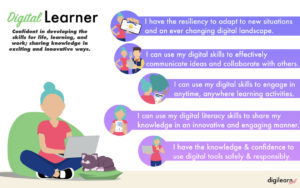
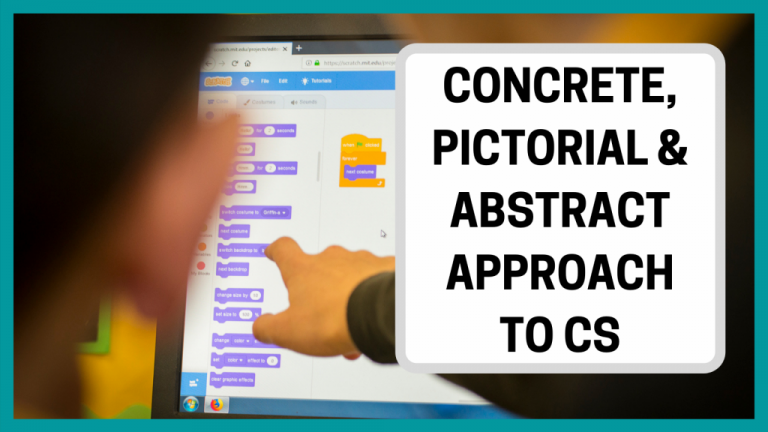
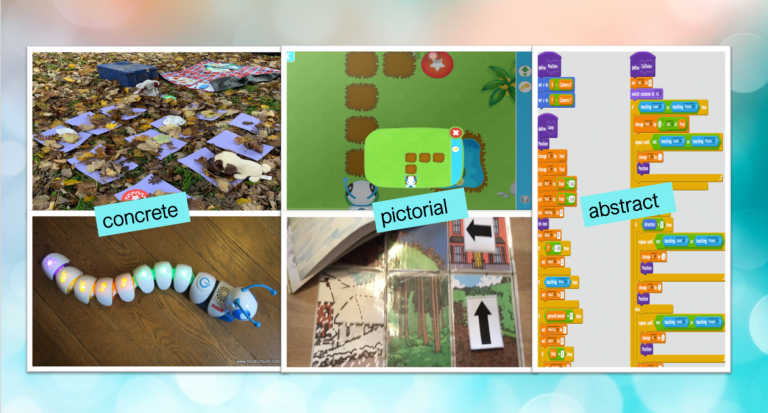

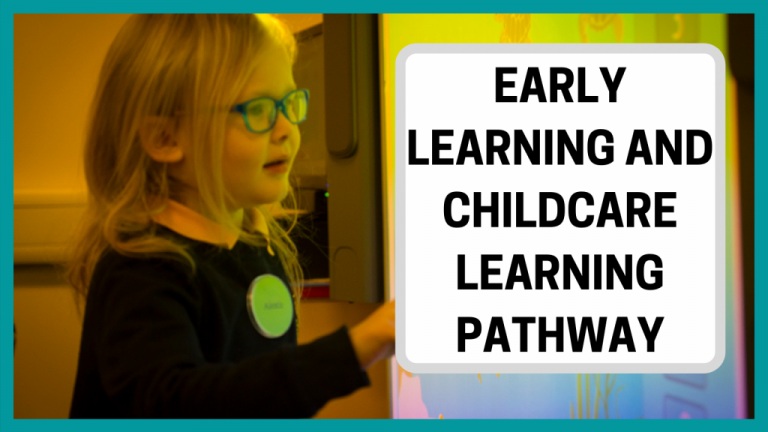





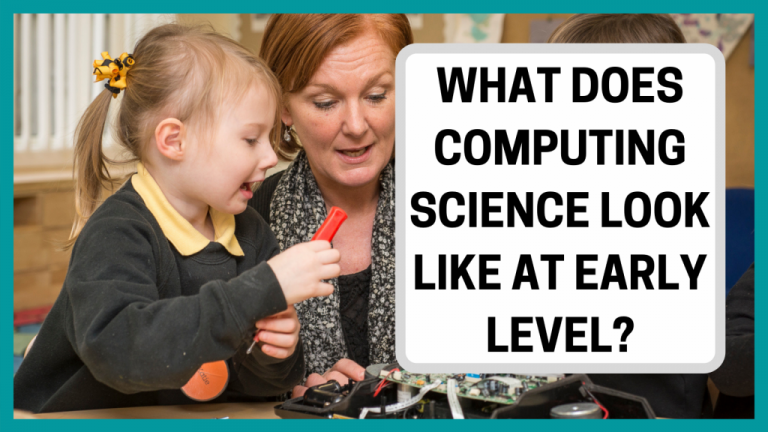
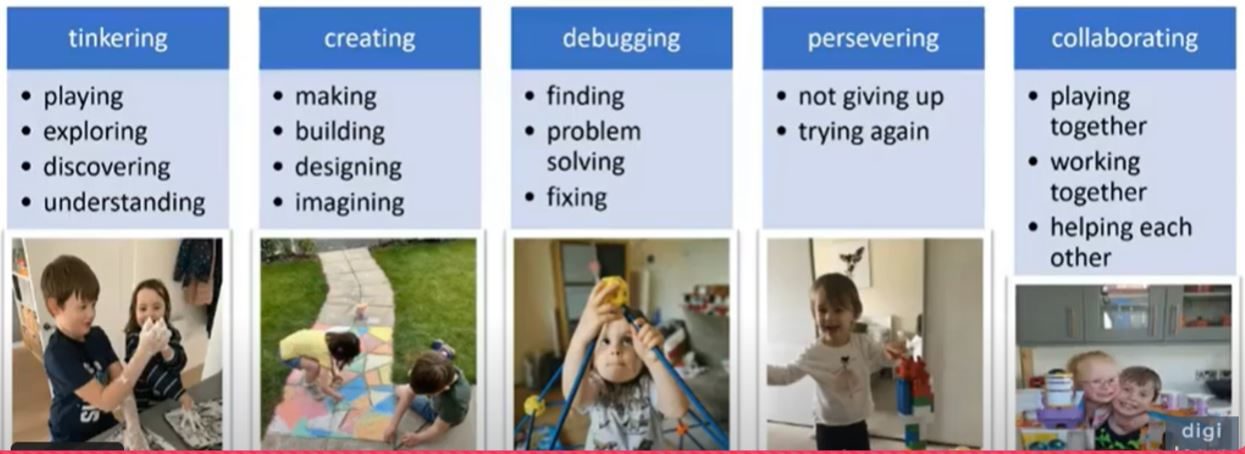

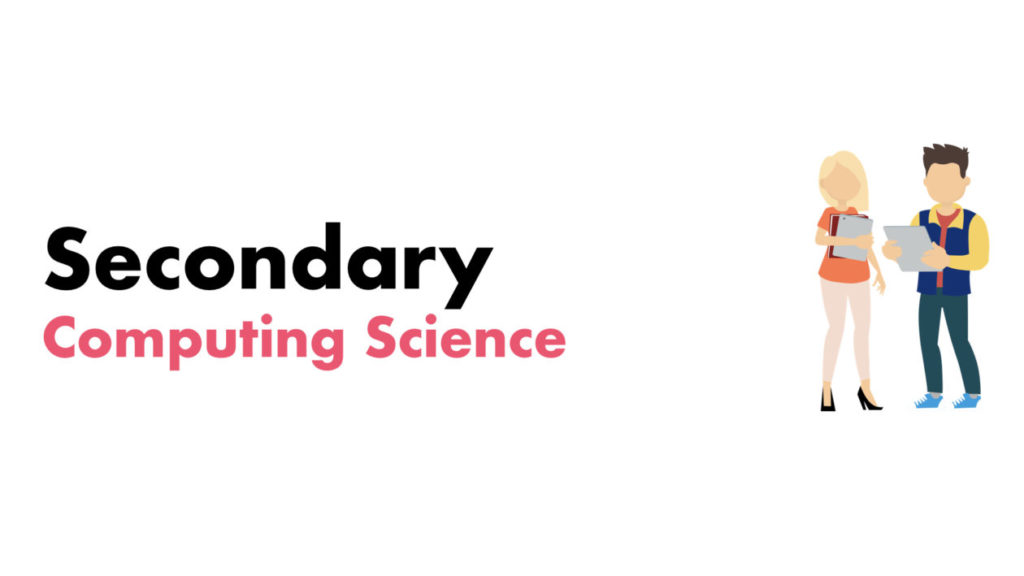
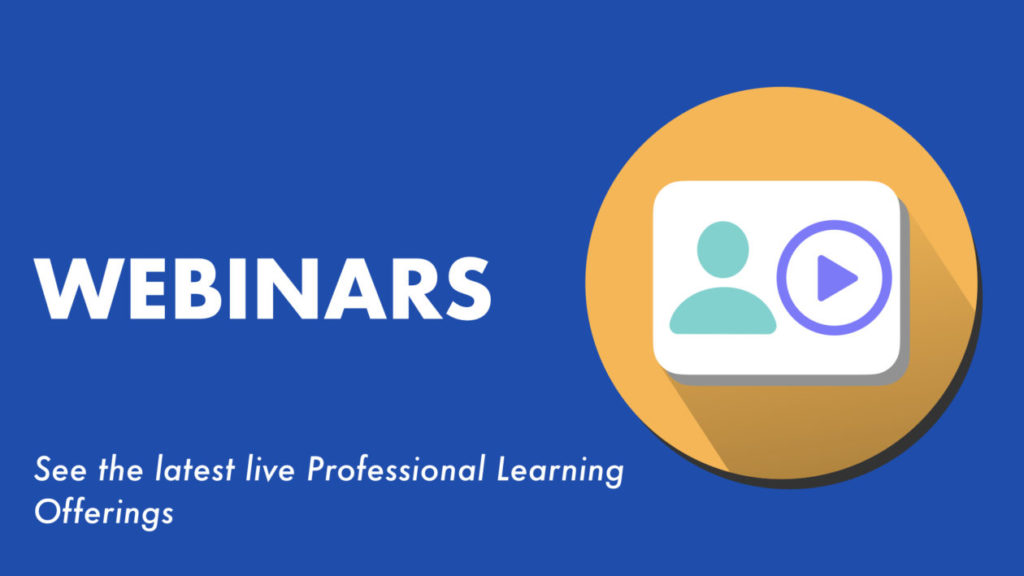
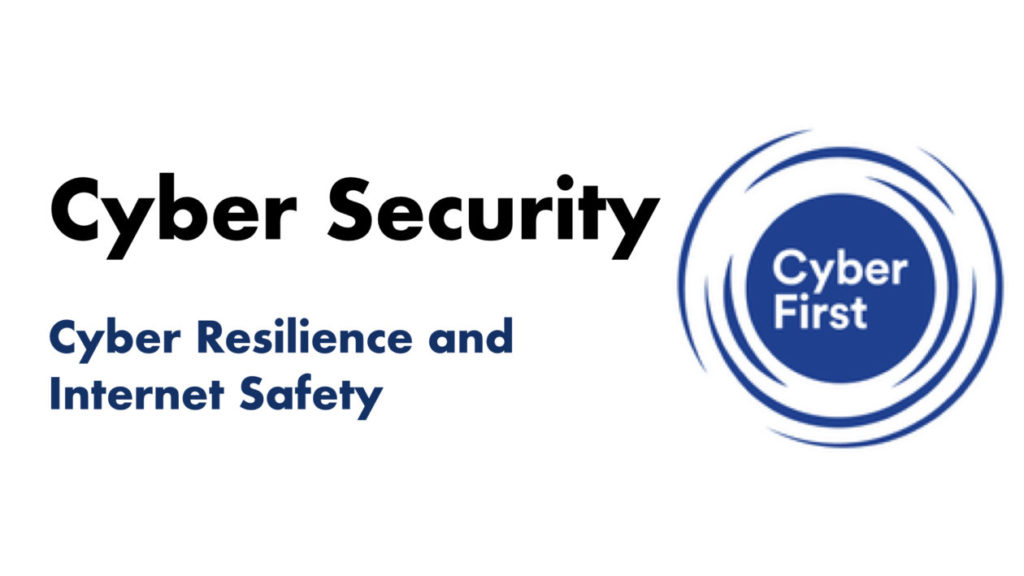
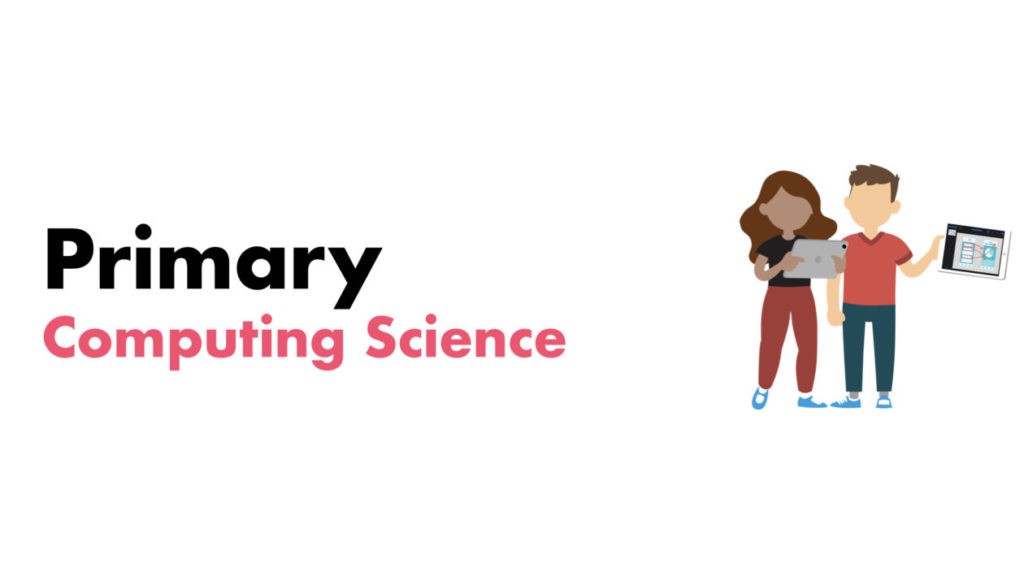
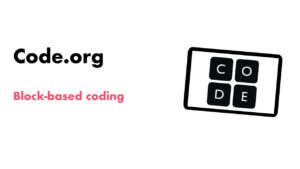
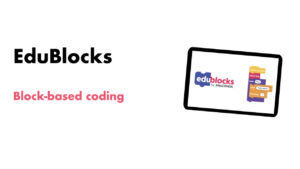
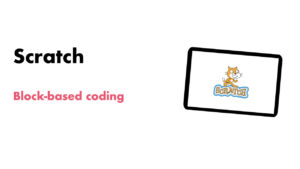
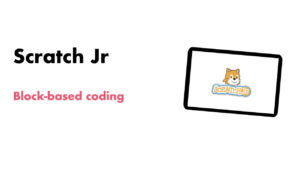
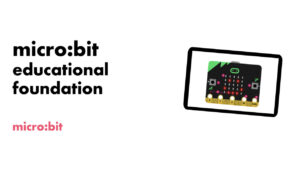
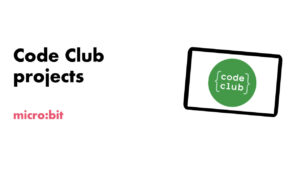

You must be logged in to post a comment.